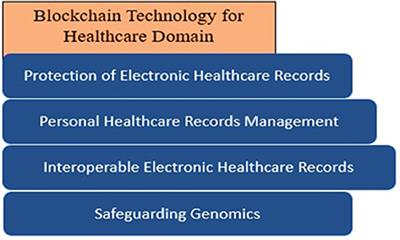Green Hydrogen Power: Fueling a Sustainable Future
Harnessing Clean Energy
Green hydrogen power is emerging as a transformative force in the quest for sustainable energy solutions. Unlike conventional hydrogen production methods, which rely on fossil fuels and emit carbon dioxide, green hydrogen power utilizes renewable energy sources such as wind and solar to produce hydrogen through electrolysis of water. This clean and renewable form of hydrogen holds immense potential to decarbonize sectors such as transportation, industry, and energy production, paving the way for a more sustainable future.
The Role of Electrolysis
At the heart of green hydrogen power lies electrolysis, a process that splits water molecules into hydrogen and oxygen using electricity. Electrolyzers, the devices used for this process, come in various forms, including alkaline, proton exchange membrane (PEM), and solid oxide electrolyzers. By using renewable electricity from sources like wind and solar, electrolysis produces hydrogen with zero greenhouse gas emissions, making it a key enabler of the transition to a low-carbon economy.
Applications Across Industries
Green hydrogen power has diverse applications across various industries, offering a clean and versatile energy solution. In transportation, hydrogen fuel cells power vehicles such as cars, buses, trucks, and trains with zero emissions, providing an alternative to conventional fossil fuel vehicles. In industry, hydrogen serves as a clean fuel source for heating, powering machinery, and producing chemicals such as ammonia and methanol. Additionally, green hydrogen can be used in energy storage, grid balancing, and fueling stationary power generators, enhancing the flexibility and reliability of energy systems.
Advantages Over Traditional Fuels
One of the key advantages of green hydrogen power is its ability to decouple energy generation from carbon emissions. Unlike fossil fuels, which release carbon dioxide when burned, hydrogen produces only water vapor when combusted, making it a clean and environmentally friendly energy carrier. Additionally, green hydrogen can be produced locally using renewable energy sources, reducing dependence on imported fossil fuels and enhancing energy security. With advancements in technology and scaling up of production, green hydrogen has the potential to compete with traditional fuels on cost and performance.
Challenges and Opportunities
While the potential of green hydrogen power is vast, several challenges remain to be addressed. Scaling up production to meet growing demand, reducing costs, and establishing a robust infrastructure for storage and distribution are among the key hurdles facing the widespread adoption of green hydrogen. However, with ongoing research, investment, and collaboration, these challenges present opportunities for innovation and growth, driving the development of a more sustainable energy future.
Global Momentum
There is a growing recognition of the importance of green hydrogen power in the global effort to combat climate change and transition to renewable energy. Governments, industries, and investors around the world are ramping up efforts to support the development and deployment of green hydrogen technologies. From policy incentives and funding programs to public-private partnerships and research initiatives, momentum is building to accelerate the adoption of green hydrogen power and unlock its full potential as a clean and sustainable energy solution.
For more information on green hydrogen power, visit here.
























